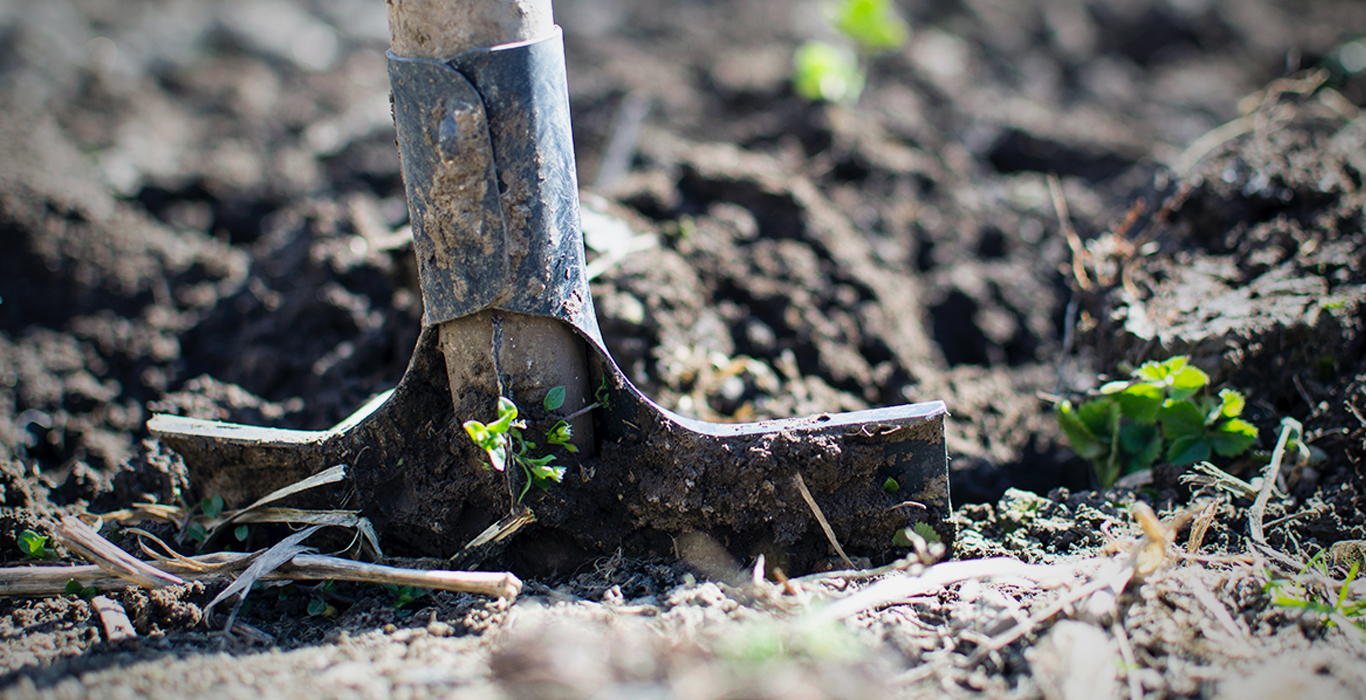The history & importance of land surveying

One of the oldest professions in the world, land surveying emerged along with the human desire to build large structures, from Stonehenge forward. Ancient surveyors plotted the sites of the pyramids in Egypt before the first massive building stones slid into place. The Romans established land surveying as a profession to measure and manage the conquered lands that formed their empire. Both William the Conqueror and Napoleon Bonaparte relied on precise maps to gain wealth and power.
Notable surveyors include Sir George Everest, (yes, that mountain), George Washington and Abraham Lincoln. In what would become Canada, the great explorers – including Samuel de Champlain, James Cook and George Vancouver – began the process of documenting the contours of the land on paper.
Land surveying began in Ontario in 1783 with the mapping of Kingston Township. The first survey of Yonge Street began in 1794 to provide a military road to Lake Simcoe. The Royal Canadian Institute, an association of land surveyors, engineers and architects, was formed in 1797 and Upper Canada’s first survey act was passed the following year.
Today, the physical framework of our world – from the design of cities to the layout of farmland – is completely based on land surveying. Stable and secure boundaries go hand in hand with private property rights and the smooth functioning of society.
When disputes arise related to property rights, boundary locations and land-use matters, courts and judges resolve them based on the expertise and judgment of licensed land surveyors and the land survey plans they create. These survey plans—signed and sealed by the surveyor—are legal documents that carry such authority and precision that they are automatically accepted and used by the legal, engineering and architectural professions as the basis for their decisions, plans and designs.
Banks, builders, realtors, utility companies and other businesses and institutions also depend on the information that surveyors set out in survey plans. However, it is the individual landowner who potentially benefits the most, especially when it comes to buying, selling or protecting private property from the intrusions or encroachments of others. Your home is indeed your castle, your land is your realm and the ancient practice of land surveying helps you enjoy it and keep it safe.












